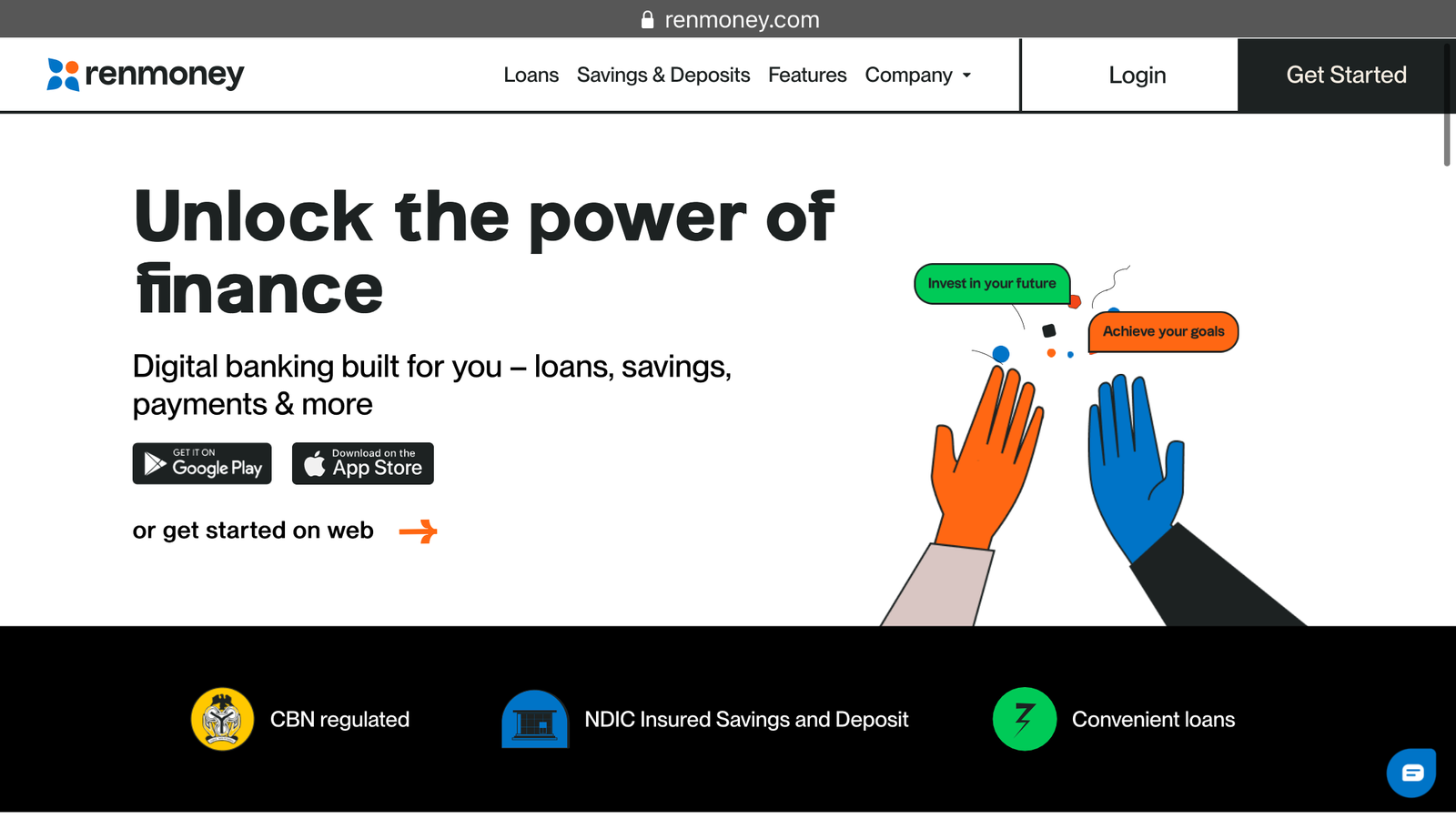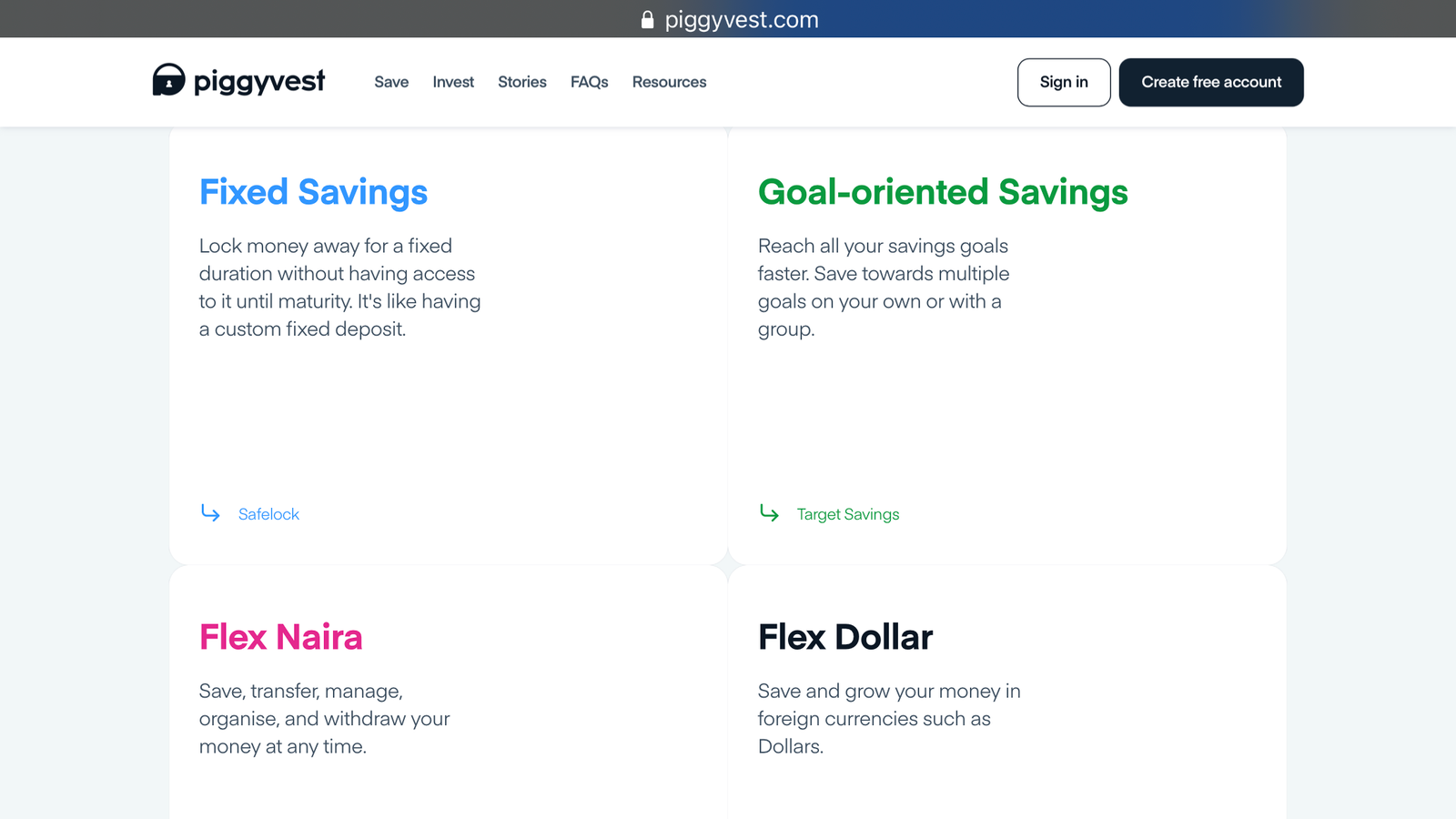When I was a university student struggling to make ends meet, I came across online ads and YouTube videos promoting Forex and crypto trading as a “get-rich-quick” business opportunity. They claimed anyone can make thousands of dollars per month with just a laptop and an internet connection. Curious yet skeptical, I decided to do more research to see if this was truly a viable business model or just hype.
In this article, I share what I’ve learned about Forex and crypto trading over the past few years as both a part-time and full-time trader based in Nigeria.
Defining Forex and Crypto Trading
Before going into whether Forex and crypto trading can be profitable, it’s important to understand what these markets entail.
Forex, also known as foreign exchange, refers to the global market for trading national currencies like the US Dollar, Euro, British Pound, Japanese Yen, etc. Crypto trading, on the other hand, involves buying and selling cryptocurrencies such as Bitcoin, Ethereum, Litecoin, Ripple, etc. on digital exchanges. Both Forex and crypto markets operate 24/7 due to their global nature, allowing traders to access opportunities anywhere as long as they have an internet connection.
the Risks and Challenges of Trading
While the prospect of earning a living through trading may seem appealing, it is important to be aware of the risks involved. Both Forex and crypto are highly volatile markets that can lead to significant losses if not approached carefully. Some key risks include market volatility, leverage which can multiply losses, technical glitches, security issues, limited liquidity for some crypto assets, and scams/hacks. In addition, successful trading requires skills like fundamental and technical analysis, risk management, discipline, and emotional control – attributes not everyone possesses. It can take months if not years to become consistently profitable.
What are the Startup Costs in Nigeria
Compared to most traditional businesses, one advantage of Forex and crypto trading is the low startup costs. However, upfront investment is still needed to get going in Nigeria.
You’ll need a good laptop or desktop computer (₦150,000-₦300,000), high-speed internet access (₦5,000-₦15,000 monthly), a reliable brokerage account (₦10,000 minimum deposit), trading software/apps, and of course funds for your initial trading capital (₦50,000 minimum recommended). Additional learning costs like courses, signals, eBooks can range from ₦5,000 to over ₦100,000 depending on what resources you utilize. Overall plan for a ₦200,000 minimum startup budget.
How to choose a Reputable Brokerage and Platform
With the popularity of Forex and crypto has come an influx of fly-by-night brokers seeking to take advantage of inexperienced traders. It is crucial to choose a regulated brokerage you can trust with your money. Look for those licensed by reputable financial authorities and with a proven track record.
When selecting a trading platform, consider ease of use, charting/analysis features, order types supported, customer support quality, education resources and more. Popular options for Nigerians include FXCM, XM, AvaTrade and Luno for crypto. Always start with a demo/practice account before trading live.
Dedicated Learning is Essential for Success
Unlike passive income streams, trading requires ongoing self-education to keep improving skills and strategies. Be prepared to dedicate many hours every week to learning even after opening a live account. Reputable sources for education include paid courses/mentorships, podcasts, books, trading journals/blogs, conferences and simulator practice.
Focus on fundamental and technical analysis approaches, forex and crypto fundamentals and market psychology. Understand order types like market, limit and stop orders thoroughly before risking real money. Continual practice and experience are needed to avoid common cognitive biases that sabotage traders.
Choosing an Appropriate Trading Strategy
With the universe of trading styles, it’s important to select one that matches your personality, schedule and risk tolerance. Some options include scalping (short-term trades), day trading (open and close within daily range), swing trading (1-5 days), position trading (weeks to months) and buy-and-hold investing. Automated cryptocurrency bots can also be programmed based on strategies.
Focus on strategies with positive expectancy backed by empirical testing on historical data vs “get rich quick” claims. Maintain a trading journal to track progress and ensure consistency.
Apply Proper Money and Risk Management
No matter what strategies traders employ, sound risk/money management is crucial for long-term survival in these volatile markets. Set clear rules like maximum risk per trade (1-3% of account), stop-loss levels, position sizing and position limits. Avoid becoming emotionally attached to any trades and cut losses quickly if predefined risk levels are breached. Understand margin requirements properly to avoid liquidation risks. Keep most funds in safer assets and only risk 1-5% of total capital in any single trade or position. Patience and discipline are key.
Diversification Across Brokerages and Assets
To reduce risk, consider diversifying by trading with multiple regulated brokers, holding positions in different forex pairs and cryptocurrencies and using different trading styles simultaneously. For example, allocate 30% each to long-term holdings of Bitcoin and Ethereum on a cryptocurrency exchange and the remainder to actively traded forex pairs on a regulated forex broker. This triangulation of investments, brokers and styles protects you in case any one area underperforms or regulatory issues arise.
Starting With a Part-Time Approach
Instead of quitting your job hastily, consider trading part-time on the side for 6-12 months minimum to gain experience and see if you have the temperament, discipline and skills to produce consistent profits. Once your trading performance proves reliable for several months, then transitioning full-time may make sense financially and personally. This reduced risk period also allows practicing different strategies with smaller position sizes to identify what works best for you long-term.
Is It a Get-Rich-Quick Opportunity?
There is no way to get rich overnight from trading alone. Claims of earning thousands in profits daily or weekly are unreliable and unrealistic for most retail traders. Consistency over the long run is the goal. While it is possible to generate a reasonable secondary income through part-time trading with the right approach, becoming a full-time professional trader is challenging and takes many years of experience to earn a solid living. Forex and crypto trading require substantial time spent on education, strategy testing, journaling, and market analysis for modest but steady profits over months to years of dedicated practice.
My Personal Experience So Far
After getting started with Forex and crypto trading as a side business in 2019, it took over a year of part-time practice and paper trading before I felt ready to take the jump to trading full time earlier this year. While there have certainly been ups and downs as expected, maintaining discipline with risk and money management principles has allowed me to produce consistent monthly profits on average even through market volatility. I have found that combining different strategies and assets works well personally. With continued learning and experience, I hope to generate a stable six-figure annual income solely from trading in the coming years.
Conclusion
In conclusion, Forex and crypto currency trading can be a viable business to generate part-time or full-time income online from Nigeria – but only if the right approach is taken. It requires many hours of dedicated self-education, strategy testing, journaling and market analysis over several months at minimum before decent results can be expected.
Focus on risk management, diversification and trading minor position sizes in the beginning. Most importantly, do not expect to get rich overnight or see thousands in profits daily from retail trading alone. With realistic expectations, a long-term perspective, and commitment to ongoing learning – Forex and crypto trading has potential to produce consistent profits for disciplined and passionate traders.
FAQ
Which is more profitable crypto or forex?
Crypto trading can offer higher returns due to its volatility, but also comes with significant risks. Forex, being more stable, may limit short-term profits but offers predictability and lower risk.
Can Forex and crypto trading be done successfully as a full-time career in Nigeria?
Yes, with years of experience, intensive education and dedication, it is possible to generate a stable income purely from full-time Forex and crypto trading even in Nigeria. However, most retail traders initially struggle to produce consistent profits and endure drawdowns. It’s typically wise to start trading part-time and test strategies with small position sizes first before committing your full employment. Strong risk management and portfolio diversification are essential for the long run.
Who is the richest forex trader in Nigeria?
According to reports, Uche Paragon is considered the wealthiest forex trader in Nigeria, with an estimated net worth between $16 and $20 million





